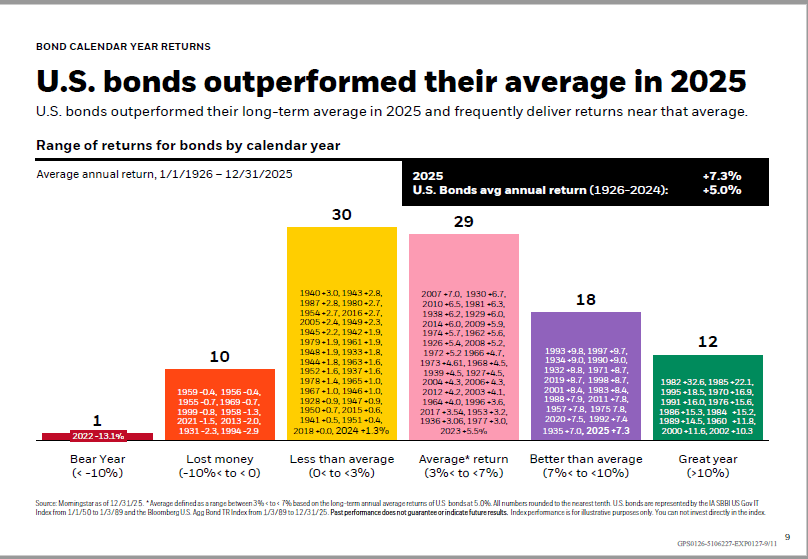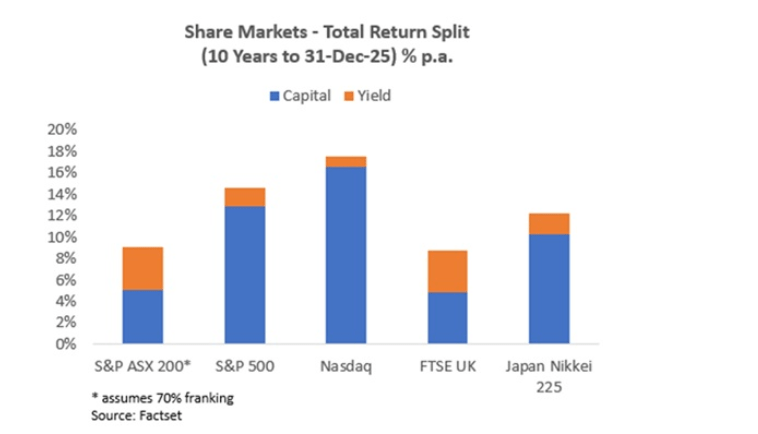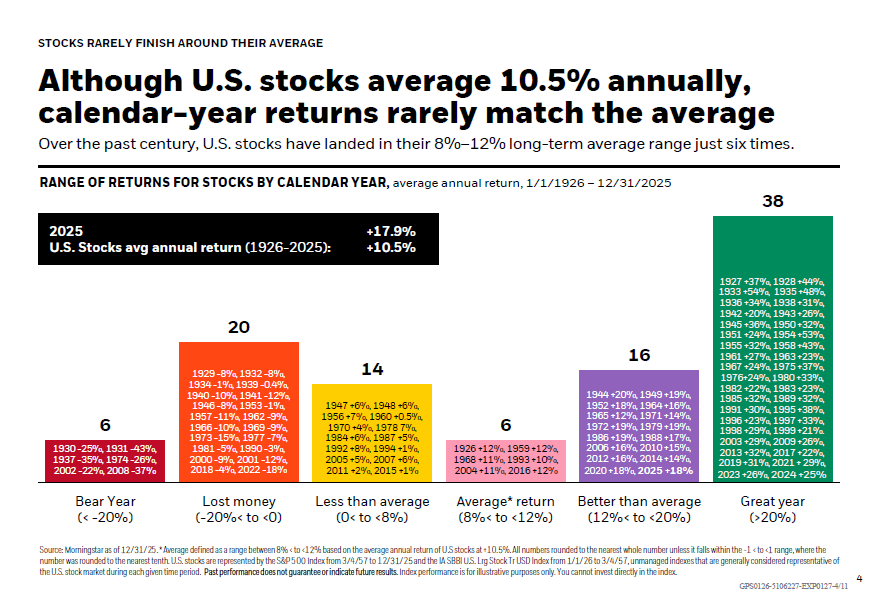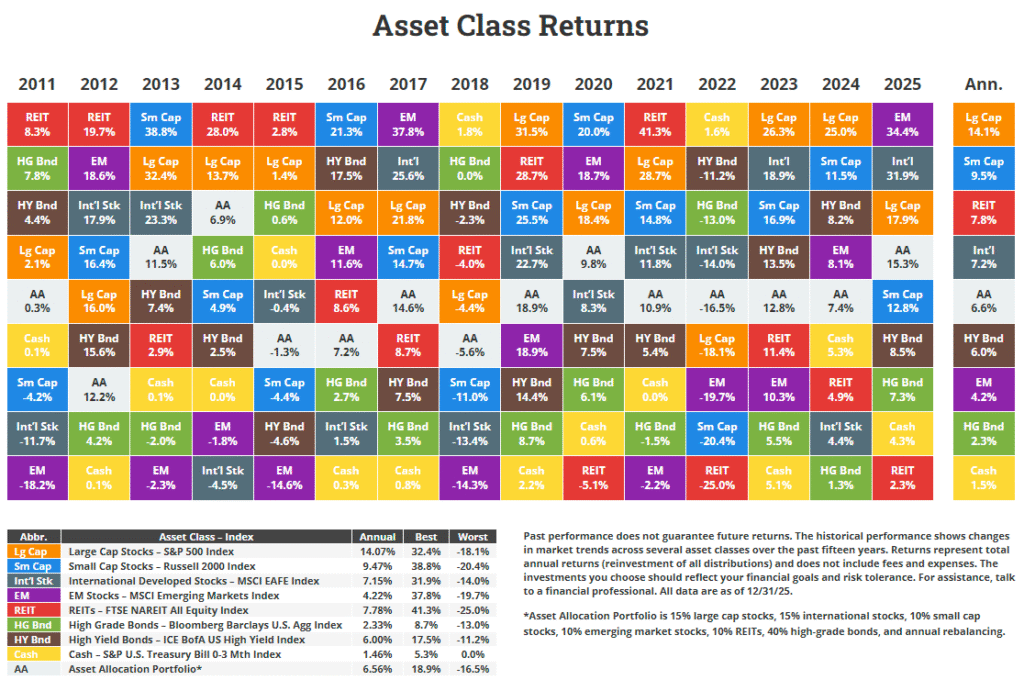Equity markets worldwide are very volatile so far this year.Most of the markets have declined significantly in just two weeks.The S&P 500 has already fallen 8% year-to-date. Every day stocks seem to go nowhere but down.Despite all the doom and gloom, it is wise to follow the course and stay strong.
That being said, here are five things an investor can do during volatile market conditions:
1.Stay calm and carry on: Markets always go up and down for a multitude of reasons. There is no reason to panic when markets go down such as the current correction. Instead of worrying about the day to day market movements, investors can simply stay calm and do nothing. Sometimes doing nothing is the best action one can take. It is especially important not to sell stocks as prices are at lows now.
2. Avoid suspending automatic dividend reinvestment (DRIPs): During market crashes dividends that are automatically reinvested grow more as an investor to accumulate shares cheaper. Seeing the market go down everyday one may be tempted to suspend or cancel dividend reinvestment immediately. This is a wrong move to make. During the 2008-09 financial crisis, suspending dividend reinvestment cost me dearly as I missed out on the following dramatic upturn by not picking up stocks at their lowest.
3. Deploy cash, if possible: Many high-quality companies are also getting trashed with the overall market. Investors with a long-term horizon of at least 5 years can deploy cash if available and add additional stocks to their portfolios.
4. Roth IRA Conversion (for US investors only): Investors can transfer stocks that have declined heavily in their traditional IRA accounts to their Roth IRA account for this tax year. Since taxes will be due only on the price at the time of conversion, one can benefit greatly when filing taxes next year. For example, if a stock with a cost basis of $100 per share is now trading at just $50, converting this stock from the traditional IRA to a Roth account, one would pay taxes on the cost basis of just $50 per share and not the original cost basis of $100. Since Roth IRA is the best in terms of taxes and saving for retirement this is one strategy that investors can easily follow when stocks crash.
Also see:
- Tax Tips for a Down Market, WSJ, Jan 22, 2016
5. Stay away from commodity stocks, ETFs, etc: Most commodity stocks such as mining and metal stocks have plunged 50% or more in the past year or so. They may look cheap with low share prices. However it is wise to stay away from the commodity sector at all times. Investing in all types of commodity firms or directly in commodities such as copper, soyabeans, pork bellies, orange juice futures, iron ore, etc. is not suitable for most retail investors. In fact, there is no need to invest in commodities at all. Commodities are prone to extreme volatility and no body knows how long crude oil can go, for example. Just a few years pundits were predicting $150 or even $100 per barrel. Now some are predicting $30 or even $10 per barrel. Instead of trying to pick up “cheap” mining stocks investors are better off adding stocks in the energy sector like integrated oil companies.These firms have the ability to continue dividend payments despite lower oil prices and share prices can jump should the oil prices recover.
In summary, it is important to stay focused on the long-term goals and not make decisions based on emotions. Trying to predict the price of crude oil or when China may start consuming zillions of tons of copper, coal or iron ore is simply foolish. Since those things are beyond an individual investors’ control, it makes sense to focus on things that are under the investors’ control. The ability to sit tight as markets turn blood red all over and not following the herd are squarely within the control of ordinary investors.



